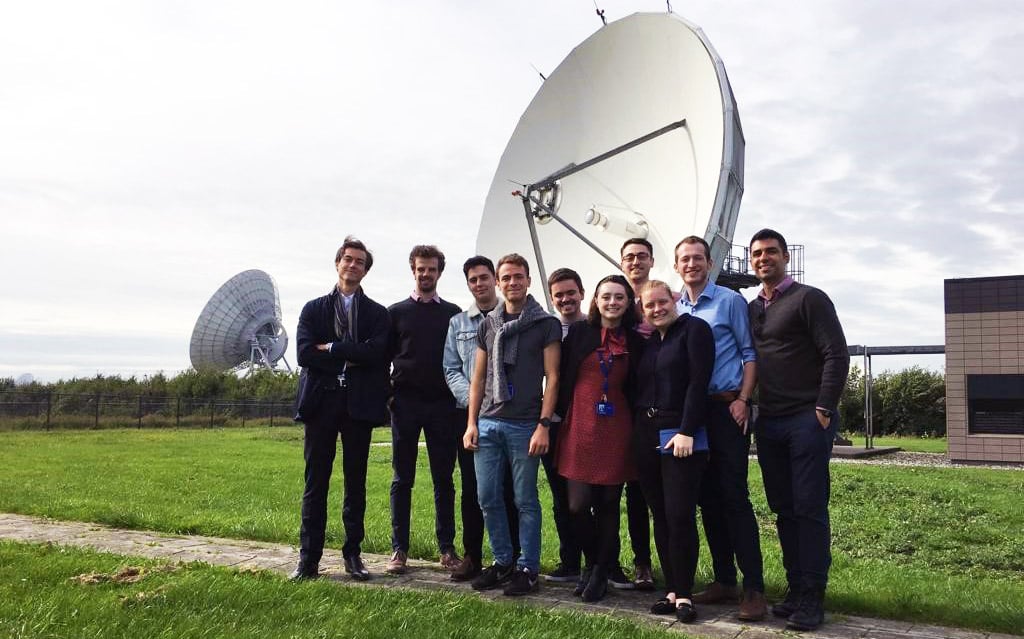Insight | Hear the voice of space’s future pioneers
Hear the voice of space’s future pioneers
Enterprise
Inmarsat Asset and Investment Analyst Mansoor Shar reports on a UN workshop where he joined other young space professionals debating topics including the impact of down-to-earth data services on the European economy.
I joined other young space professionals and students at the European Space Agency’s headquarters in Paris recently for the second European Space Generation Workshop, organised by the Space Generation Advisory Council (SGAC).
SGAC is an organisation formed in support of the United Nations (UN) Programme on Space Applications and is a non-governmental organisation and professional network, which aims to give a voice to its 4,000 young members from 90 countries. Having come across it a few years ago, I have sought to stay actively engaged because I am passionate about space and raising awareness of the benefits of space applications and satellite communications.
Inmarsat and SGAC both have separate strands that cross the UN: Inmarsat through the International Maritime Organization (IMO), and SGAC through the United Nations Office for Outer Space Affairs (UNOOSA), while both have Permanent Observer Status with the United Nations Committee on the Peaceful Uses of Outer Space (UNCOPUOS).
Advancing space policy development
SGAC’s primary work is in advancing space policy development, representing the world’s young adults to UNOOSA, UNCOPUOS and other international bodies. This workshop represents one of a handful of opportunities for my generation to bring our views to the attention of world leaders.
This workshop tackled four topics related to space – economy, accessibility, diplomacy, and exploration.
I was moderator for the space economy track, where we had wide-ranging discussions on the potential impact in Europe of downstream – or down-to-earth – space data products and services in areas including agriculture and food; smart mobility (transportation); climate and environment; and energy.
With a diverse gathering of delegates from across Europe as well as further afield, it led to some very interesting debates around the merits and potential pitfalls of downstream.
My working group identified space applications currently used for enhancing smart mobility, such as air traffic optimisation, autonomous driving and asset management, and focused on this specific area.
We classified those trends using temporality and the fact that many are related either to the exponential rise of IoT applications or the generalisation of Big Data. We then identified further needs of different stakeholders, and started to draw technical or societal requirements to enable smart mobility. Findings will be presented to the UNCOPUOS by the Chair of SGAC.
Overall, the workshop was a fantastic way to engage with delegates from across many parts of industry and academia, while developing a greater appreciation for the wide-ranging applications and largely veiled impact of space on the global economy.
About the author
Recently graduated from the International Space University in Strasbourg, France with an MSc in Space Studies, Mansoor joined Inmarsat in June 2015 and works as an Asset and Investment Analyst, carrying out yield and financial modelling and capacity planning in order to support new commercial deals with technical analysis.
Passionate about space applications and entrepreneurship, he was on the winning team in London’s NASA Space Apps Challenge 2016, and the associated Kennedy Space Centre Challenge: Geotagging Space and Aviation.


